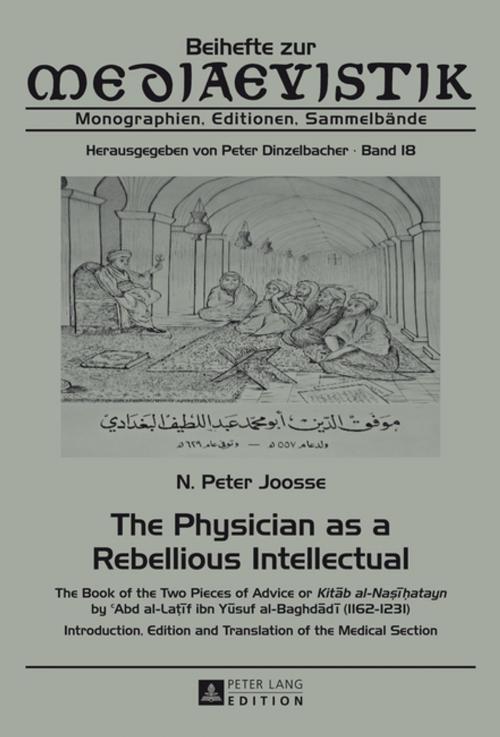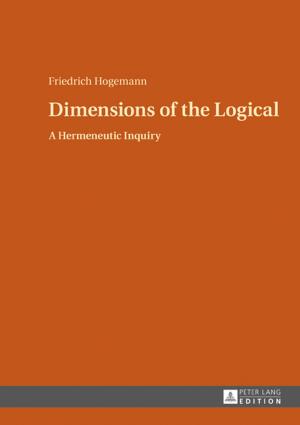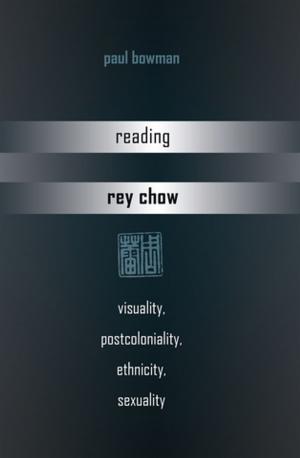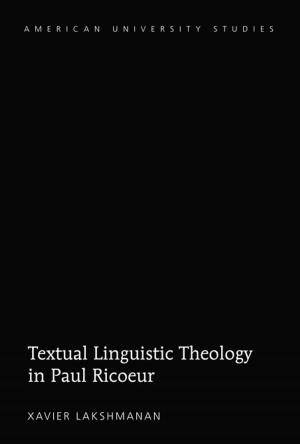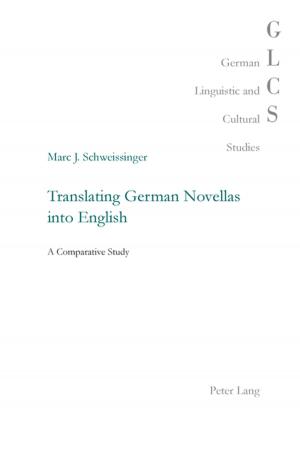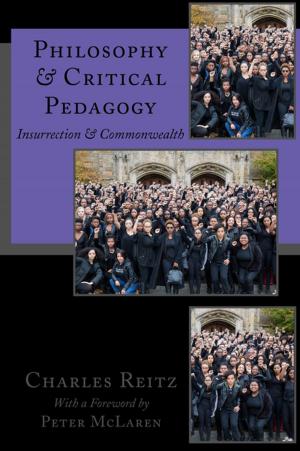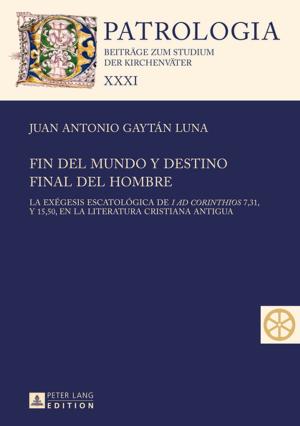The Physician as a Rebellious Intellectual
The Book of the Two Pieces of Advice or "Kitb al-Naṣīḥatayn" by c Abd al-Laţīf ibn Yūsuf al-Baghddī (1162-1231)- Introduction, Edition and Translation of the Medical Section
Nonfiction, History, Middle East, Reference & Language, Foreign Languages| Author: | N. Peter Joosse | ISBN: | 9783653996180 |
| Publisher: | Peter Lang | Publication: | March 26, 2014 |
| Imprint: | Peter Lang GmbH, Internationaler Verlag der Wissenschaften | Language: | English |
| Author: | N. Peter Joosse |
| ISBN: | 9783653996180 |
| Publisher: | Peter Lang |
| Publication: | March 26, 2014 |
| Imprint: | Peter Lang GmbH, Internationaler Verlag der Wissenschaften |
| Language: | English |
The medical section of the Kitāb al-Naṣīḥatayn or Book of the Two Pieces of Advice by the medieval author cAbd al-Laţīf ibn Yūsuf al-Baghdādī (1162-1231) challenges the idea that Arabic-Islamic medicine declined after the twelfth century A.D. Moreover, it offers some interesting insights into the social history of medicine. cAbd al-Laţīf composed his work as a diatribe directed against false knowledge, and employed the framework of Greek medical epistemology to criticize the rationalist physicians of his day and age. He argued that female and itinerant practitioners, relying on experience, were superior to some rationalists, and decried the wickedness and incompetence of certain medical practitioners of his time. In addition, he lambasted contemporaneous medical education because it put too much faith in a restricted number of textbooks such as the Canon of Medicine by the celebrated physician Ibn Sīnā (Avicenna), or chiefly relied on imperfect abridgments. The medical section of the Book of the Two Pieces of Advice is translated here for the first time in a modern language. It is preceded by a lengthy introduction that highlights cAbd al-Laţīfs complicated relation to both medicine and alchemy. The present study also contains the first full bibliography on cAbd al-Laţīf ibn Yūsuf al-Baghdādī and his milieu.
The medical section of the Kitāb al-Naṣīḥatayn or Book of the Two Pieces of Advice by the medieval author cAbd al-Laţīf ibn Yūsuf al-Baghdādī (1162-1231) challenges the idea that Arabic-Islamic medicine declined after the twelfth century A.D. Moreover, it offers some interesting insights into the social history of medicine. cAbd al-Laţīf composed his work as a diatribe directed against false knowledge, and employed the framework of Greek medical epistemology to criticize the rationalist physicians of his day and age. He argued that female and itinerant practitioners, relying on experience, were superior to some rationalists, and decried the wickedness and incompetence of certain medical practitioners of his time. In addition, he lambasted contemporaneous medical education because it put too much faith in a restricted number of textbooks such as the Canon of Medicine by the celebrated physician Ibn Sīnā (Avicenna), or chiefly relied on imperfect abridgments. The medical section of the Book of the Two Pieces of Advice is translated here for the first time in a modern language. It is preceded by a lengthy introduction that highlights cAbd al-Laţīfs complicated relation to both medicine and alchemy. The present study also contains the first full bibliography on cAbd al-Laţīf ibn Yūsuf al-Baghdādī and his milieu.
